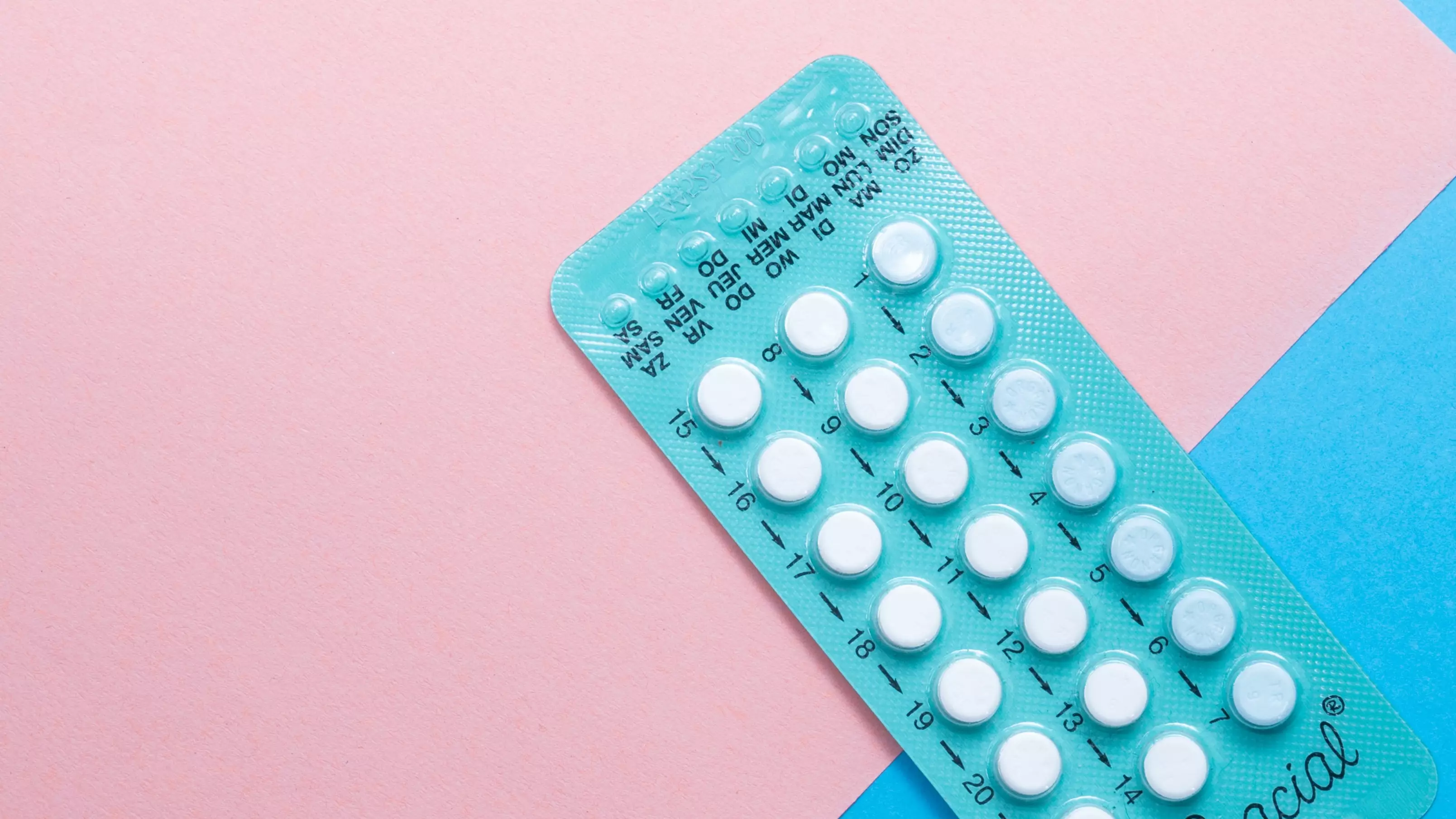
Words by Anna Matheson, 28, from London
Stood in the bathroom of a dermatology clinic, I pulled a pack of face wipes from my bag and wiped off my foundation. It was November 2019, the week before my 28th birthday, and I was dealing with a bout of adult acne so bad I hadn't left the house without makeup-for months. Now, my doctor needed to see my face without it - but I hadn't been able to face going barefaced on the tube.
I started taking the combined contraceptive pill aged 16. Most of my friends were on it, and it just seemed like the sensible thing to do. Plus, I was told it would help with my mild acne which felt like a bonus. I didn't give a second thought to what could happen when I eventually came off it.
Before coming off the pill in January 2019, I had gone make-up free most days. But three months after finishing my last pack, my skin broke out in angry red spots that no 'miracle' cream, serum or supplement could get under control.
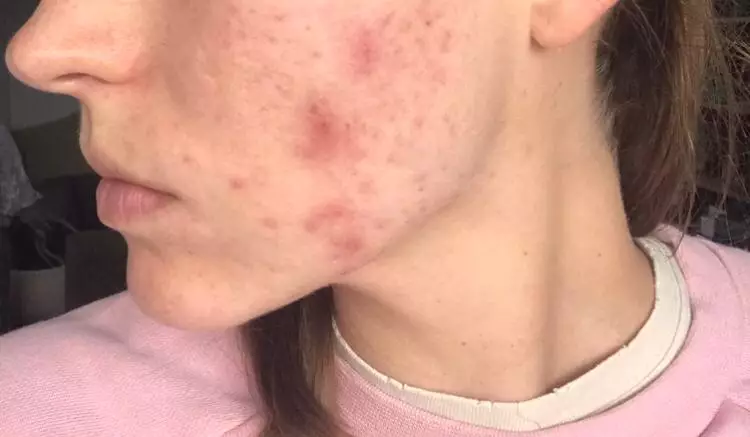
I'm not alone. This year marks 60 years since the oral contraceptive was first commercialised and recent statistics have proven that it's still the most popular form of contraception in England, contributing to a record low in fertility rates.
I never experienced any of the many side effects that women report while taking the pill. But in January 2019, after nearly 12 years on it, I realised I had no idea what my natural cycle looked like - and I couldn't help wondering if everything was okay.
Thankfully, my periods came back quickly and regularly. But two months later, an explosion of sore pimples took over my cheeks and jawline. I refused to appear in photos, and even looking in the mirror could bring on tears.
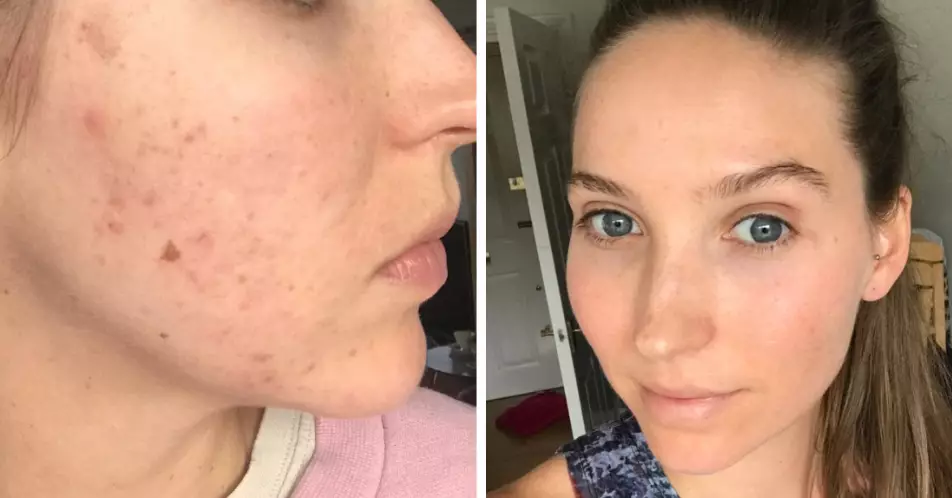
Perhaps naively, I hadn't even considered such an extreme reaction. And it turns out I'm not the only one.
Dr Sarah Welsh, gynaecology doctor and co-founder of sexual health brand HANX believes there isn't enough education about long-term oral contraceptive use.
"There's a lot of information about the potential side effects of starting the pill, but very little around coming off it," she explains. "I often see women in their late twenties and early thirties who are coming off the pill because they want to see what their natural cycles are like and experiencing symptoms they didn't expect. Whether it's weight changes, hair loss, acne or irregular periods, it can be very upsetting."
Becky, 28, from Nottingham, suffered hair loss and irregular bleeding for a year when she stopped taking a combined contraceptive pill after 12 years.
"I lost about a third of my hair in the first two months," she recalls. "I was miserable and spent so much money on vitamins, shampoos and serums, but nothing helped. Now, a year on, it's only just returning to its previous thickness and [still] I feel self-conscious about it."
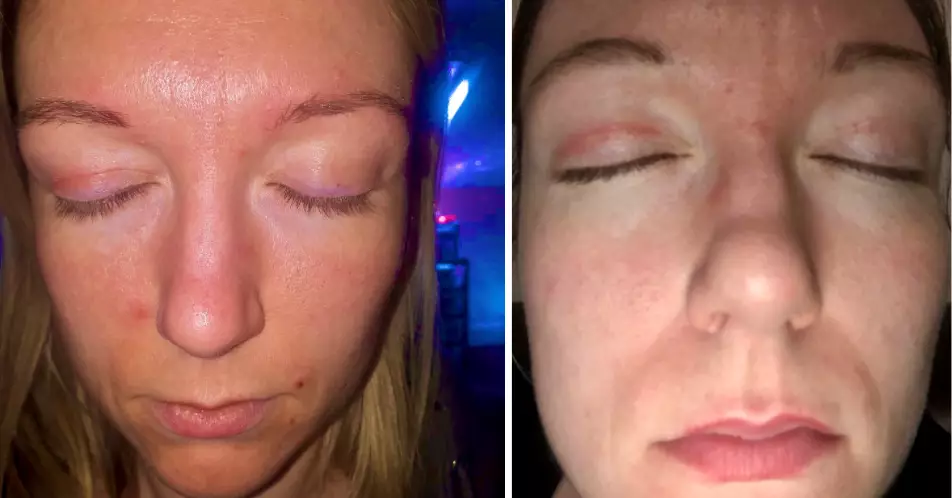
Demi*, 30, from London, is still yet to have a "proper" period since discontinuing her combined contraceptive pill 18 months ago, but hair loss has worried her more.
"It came out in clumps for four months," she recalls. "It was really traumatising. Thankfully, it's starting to grow back now but I'm still waiting for a normal period and doctors can't tell me why."
Some women, like Anna P, 30, from Manchester, feel under pressure to return to their contraceptive pill to avoid dealing with side effects.
Anna explains that she developed unsightly eczema on her legs and face after stopping the combined-pill in January: "My GP gave me a steroid cream and a course of strong antibiotics to try and settle it, but it still hasn't settled six months later.
Advert
"I actually decided to restart my pill last month. It probably wasn't a sensible choice as I've just pushed the problem into the future and it hasn't actually settled the eczema yet."
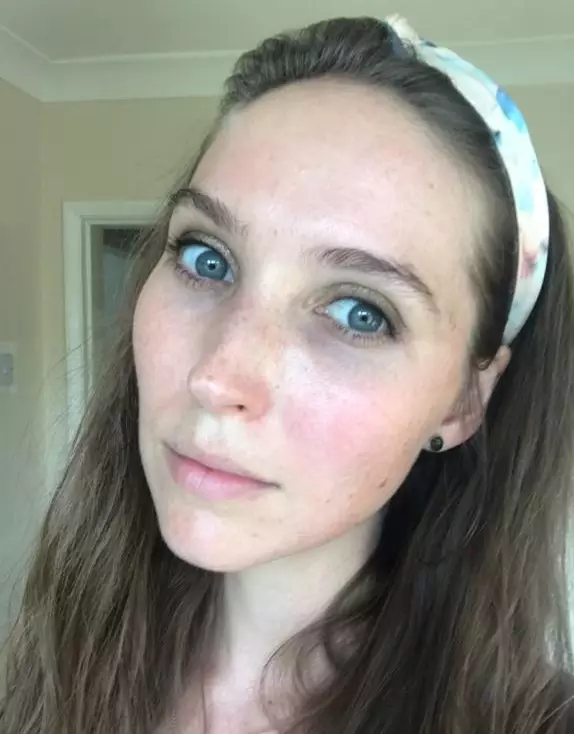
Of course, not everyone experiences such extremes; Sophie, 27, from Kent, saw her cycle go back to normal within three months.
Dr Welsh explains that we all react differently, and it's all down to our bodies adjusting, adding: "Both types of contraceptive pill - the combined and progestogen-only - contain hormones that suppress our natural menstrual cycle, fertility cycle and hormones to prevent pregnancy.
"When we stop, our natural hormones kick in again and our bodies take time to adjust to releasing our normal hormones, but also react to the natural hormones they're not used to."
This can mean that, in many cases, the pill has been masking underlying problems all along. For me, it meant the acne that had been dormant since my early teens reared its unsightly head.
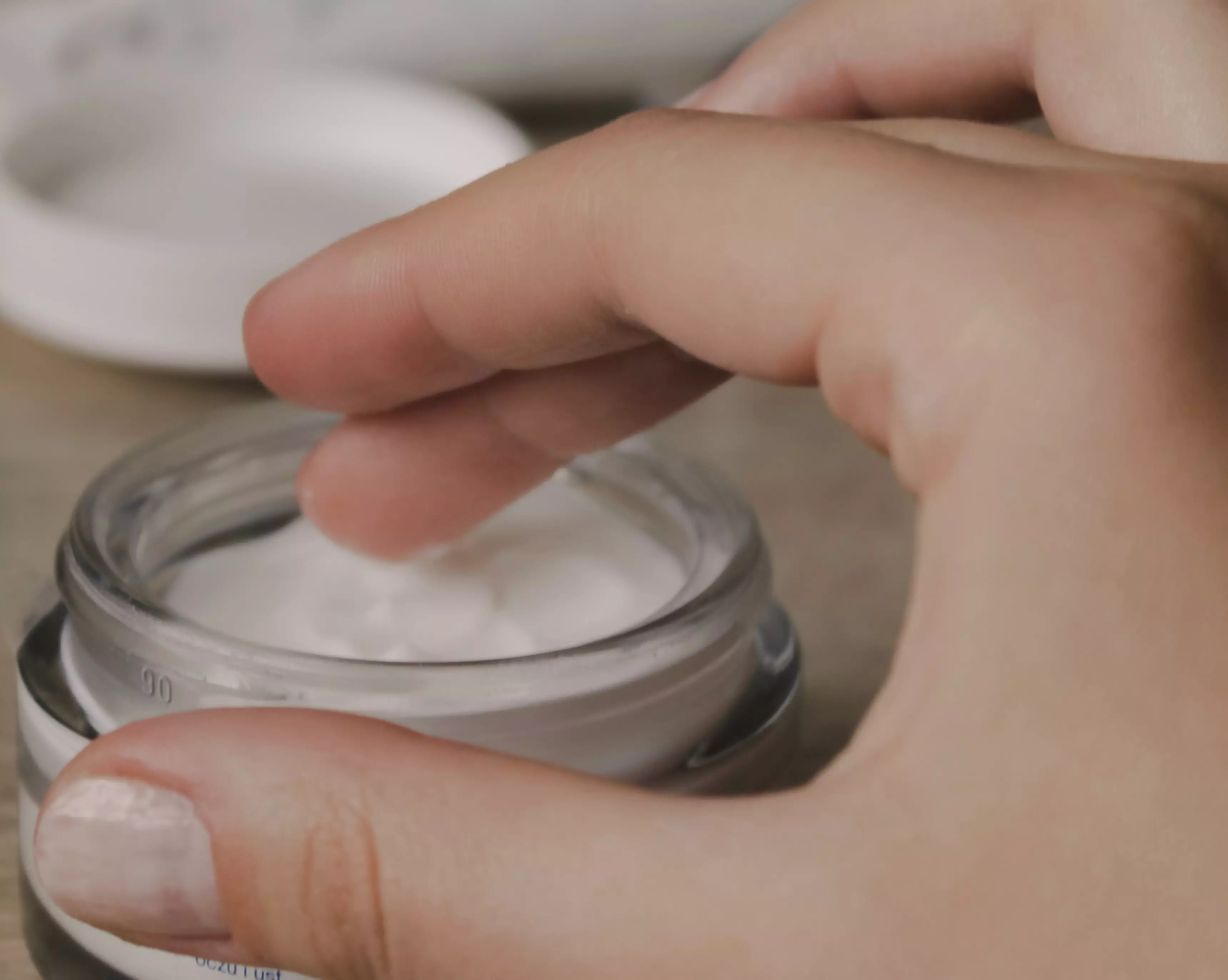
For Londoner Luci, 27, it meant discovering she had cervical erosion - a condition in which cells on the inside of the cervix grow on the outside.
Advert
She explains: "I've switched between progesterone only and the combined pill since my teens, but last year I stopped completely and suffered from irregular bleeding and pain. Tests showed I had cervical erosion. The pill often causes it, but I didn't notice the symptoms until I came off and now I'm awaiting an operation to sort it."
Dr Welsh says its important to seek help if you're experiencing irregular cycles. She adds: "Sometimes it can take a few months to settle, but if you don't have a regular cycle, it could be that there's another condition we need to investigate. It's also important to remember that without sufficient contraception, you could be pregnant."
Whatever your experience, the worst thing you can do is suffer in silence. Dr Welsh explains: "Talking about side effects when coming off contraception seems to be taboo, but it's important to seek help from a doctor. There are plenty of treatments for all sorts of conditions. These topics aren't openly discussed and that's half the battle. By women coming forward and saying 'I had that too' we can learn from each other and push for more research."
Reaching out for help has certainly worked for me. After months of struggling on my own, I walked out of the dermatologist's office that day feeling positive. I was worried that my only option would be to go back onto the pill, but after months of oral and topical treatment, my skin is back to its pre-acne best. I'm not naïve enough to think that I won't experience blips in the future should I go through any hormonal changes like pregnancy, but for now at least I'm finally happily pill-free.
*Names have been changed
Featured Image Credit: Unsplash